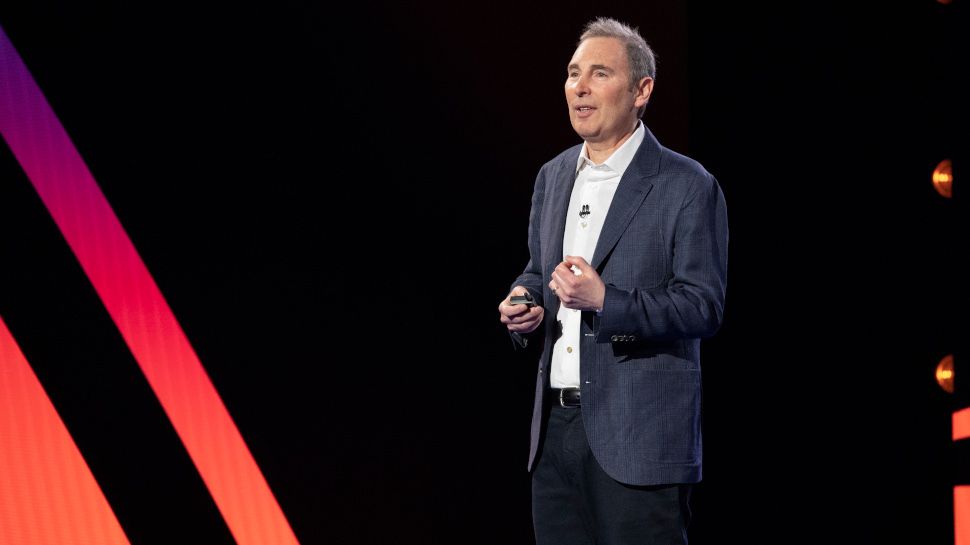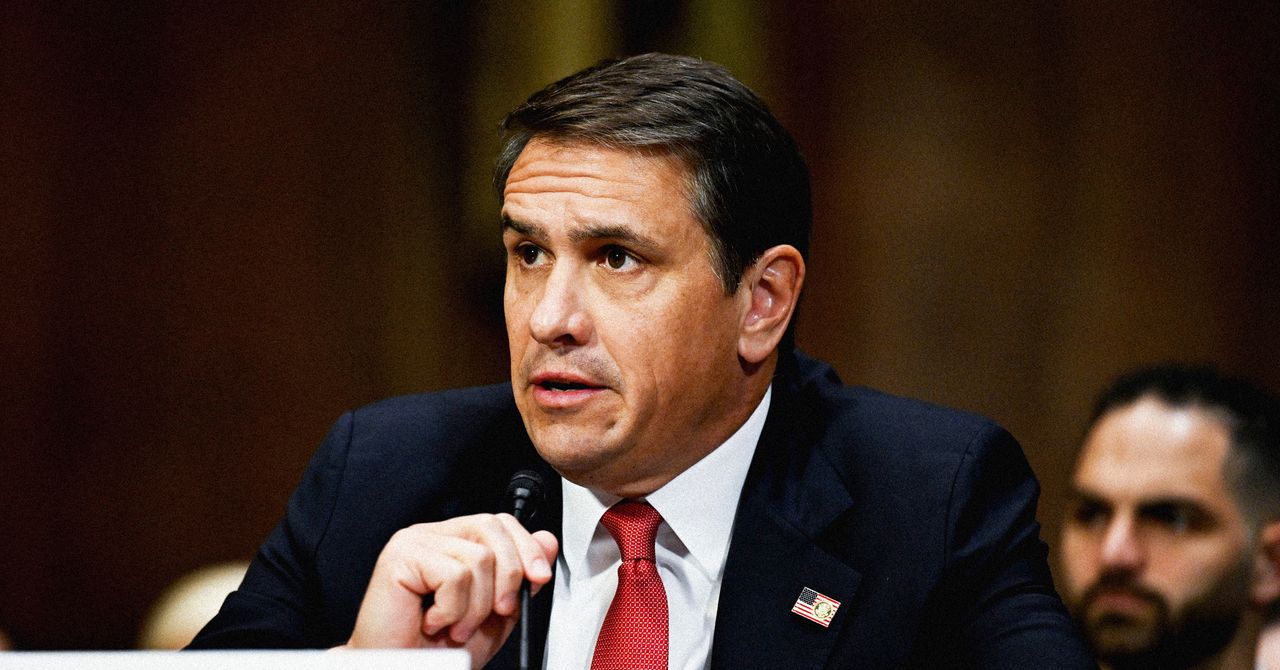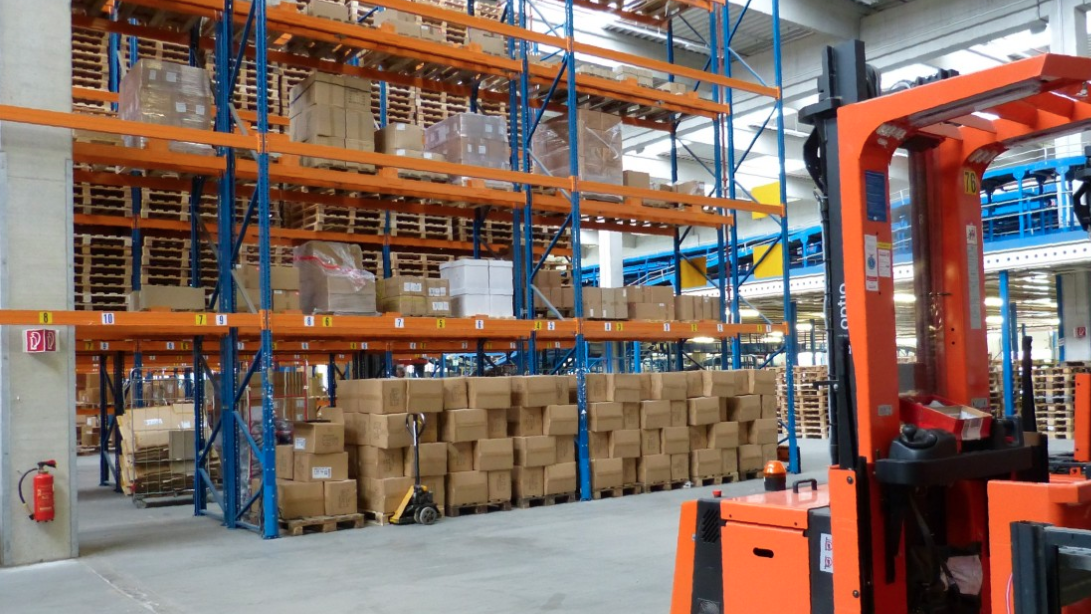
The CEO of Amazon claims that the company must operate like the "largest startup in the world" and emphasizes the importance of investing in artificial intelligence.
Andy Jassy compares Amazon to the world's largest startup.
In his latest letter to shareholders, Amazon CEO Andy Jassy emphasized that the company sees itself as the world's largest startup, highlighting that aggressive investments in artificial intelligence are crucial for its future growth. Jassy underscored that Amazon plans to allocate over $100 billion in capital expenditures by 2025, with most of this investment focused on AWS artificial intelligence projects.
The CEO described the technology as a "once-in-a-lifetime reinvention" that has the potential to transform both customer experience and workplace productivity. This statement came about two months after Amazon reported its financial results for the fourth quarter and the year 2024, where total revenue grew by 11% year-over-year, reaching $638 billion.
Jassy pointed out that the rapid evolution of technology and consumer habits poses a challenge for Amazon to achieve its core objective of being "the most customer-centric company in the world." In this regard, he echoed recent comments from Shopify CEO Tobias Lutke about the importance of both leaders and employees continuing to learn throughout their careers.
The Amazon CEO not only highlighted the significance of aggressive investments but also mentioned how an environment of "organized chaos" can foster innovation. "You can't schedule 60 minutes to invent Amazon Prime or AWS," he stated, referring to the need to tolerate messy meetings that stimulate creativity.
However, a notable difference between Amazon and smaller startups is its labor flexibility, as the company has been known for promoting in-office work. In the years following the pandemic, Amazon has encouraged a return to the office, and Jassy reiterated that ad-hoc collaboration and brainstorming sessions tend to increase when workers are in the same space.
At the end of his letter, Jassy listed seven characteristics that make Amazon a startup-like company: a focus on solving real customer problems, the need for "builders" who analyze and improve, a desire for "owners" who take responsibility, speed, a relatively small team, a willingness to take risks, and a commitment to delivering results to customers.



